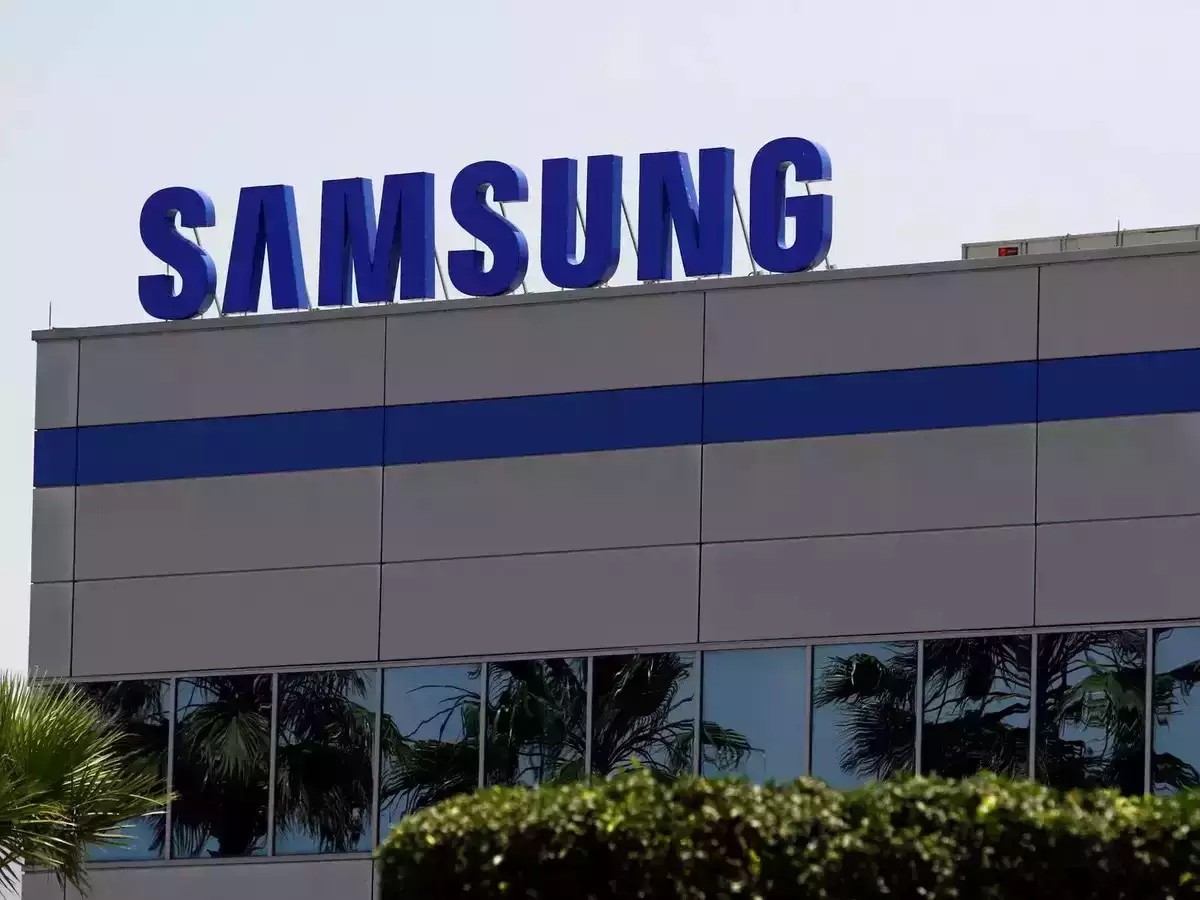Overview
The Delhi High Court in Pr. Commissioner of Income Tax – International Taxation -3 v. Samsung Electronics Co. Ltd.[1], has held that the secondment of employees from a foreign parent company to its Indian subsidiary does not by itself create a permanent establishment (“PE”) under the India South Korea Avoidance of Double Taxation Agreement (“DTAA”). The court held that Samsung India Electronics Private Limited (“SIEL”), a wholly owned subsidiary of South Korea-based Samsung Electronics Co. (“Samsung Korea”), is not its PE in India, hence not eligible to be taxed here.
The court also observed that it needed to be determined whether seconded employees are deployed in furtherance of the business interests of their original employer (i.e. Samsung Korea), or for the benefit of the enterprise to which they are now placed in (i.e., SIEL).
Background
The Income Tax Department challenged an earlier ruling of the Income Tax Appellate Tribunal (ITAT), which had held that Samsung Korea did not have a PE in India. The Department argued that the presence of seconded employees from Samsung Korea at its Indian subsidiary i.e., SIEL, constituted a PE. It claimed that the secondees’ activities, such as market research, strategy development, and product-related inputs, amounted to Samsung Korea carrying on business in India.
Observations
A key factor in the Court’s reasoning was the existence of tripartite agreements between Samsung Korea, SIEL, and the seconded employees. These agreements demonstrated that the secondees operated under SIEL’s supervision and control during their assignment in India. The Court found no evidence that the employees continued to act in furtherance of Samsung Korea’s business while working at SIEL.
The Court examined the relevant provisions of the India South Korea DTAA. Article 5 defines a PE as a fixed place of business through which the business of an enterprise is wholly or partly carried on. It lists examples such as a branch, office, or factory, while excluding activities of a preparatory or auxiliary nature. Article 7 provides that only profits attributable to a PE are taxable in the host country.
The Income Tax Department contended that knowledge sharing, market planning, and research conducted by the secondees constituted business activities of Samsung Korea. However, the Court held that such activities were aligned with SIEL’s business. The mere exchange of information between parent and subsidiary, or the sharing of market insights, was not sufficient to establish that Samsung Korea was carrying on business in India. The Court reiterated that the secondees were deployed under a tripartite agreement between Samsung Korea, SIEL, and the employees. While information was exchanged and strategies for the Indian market were discussed, none of the secondees’ activities amounted to Samsung Korea conducting business
from SIEL’s premises.
The Court noted that while the seconded employees participated in discussions concerning market strategies and business plans, these activities were confined to SIEL’s operations. There was no indication that Samsung Korea conducted business from SIEL’s premises.
The Court referred to Hyatt International Southwest Asia Ltd. v. CIT[2], where the Delhi High Court reaffirmed the principle that profits of a foreign enterprise are taxable in India only if they are attributable to a PE. Even if a PE exists, taxation is limited to the portion of profits linked to that PE’s activities. In this case, the Court concluded that no such attribution was possible.
This decision clarifies that multinational companies do not create a PE in India solely by seconding employees to an Indian affiliate, provided the secondees are integrated into and act for the benefit of the Indian entity, and not as representatives of the foreign parent.
1 Pr. Commissioner of Income Tax – International Taxation -3 v. Samsung Electronics Co. Ltd. (2025), ITA 1029/2018
2 Hyatt International Southwest Asia Ltd. v. CIT 2024 SCC OnLine Del 6546
